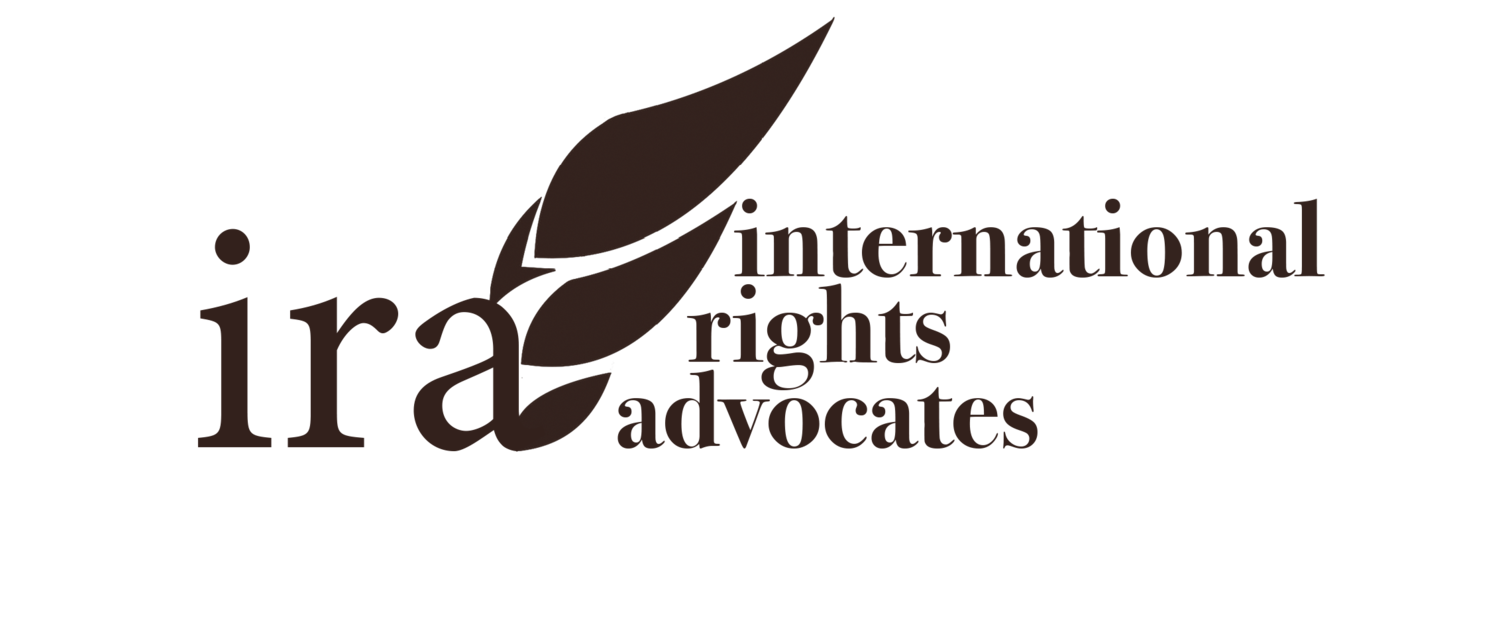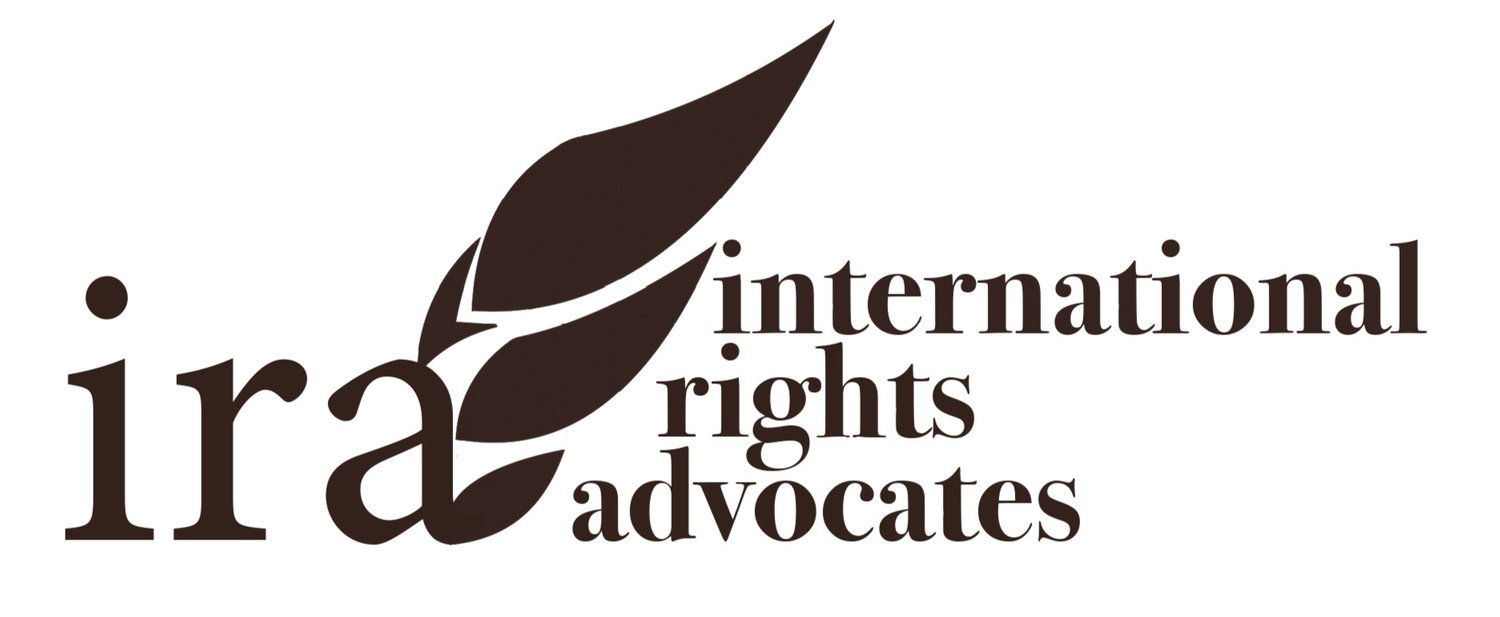John Doe I, et al. v. Nestle USA, Inc., et al.
MORE INFO: Nestle
REGION: Africa
COUNTRY: Multi-Country
CASE STATUS: Current Case
Summary:
Former child slaves of Malian origin who were trafficked and forced to work harvesting and/or cultivating cocoa beans on farms in Côte d’Ivoire, which supply cocoa beans to the Defendant companies, filed a complaint on behalf of themselves and all other similarly situated former child slaves of Malian origin against Defendants: Nestlé, S.A., Nestlé, U.S.A., and Nestlé Côte d’Ivoire, S.A.; Cargill, Incorporated Cargill Cocoa, and Cargill West Africa, S.A. and Archer Daniels Midland Company for the forced labor and torture they suffered as a result of the wrongful conduct either caused and/or aided and abetted by these corporate entities. Plaintiffs assert claims for child slavery/forced labor, cruel, inhumane or degrading treatment, and torture under the ATS.
Factual Background:
Cote d'Ivoire is the largest exporter of cocoa in the world, providing 70% of the world's supply. A majority of this cocoa is imported to the U.S. The pervasive use of child labor on cocoa plantations in Cote d'Ivoire that supply U.S. importers is well-documented. The U.S. State Department, the International Labor Organization (ILO), and UNICEF, among others, have confirmed since the late 1990s the existence of child slavery with documented reports and statistics. Notable non-governmental organizations have also independently confirmed that many, if not most, of the children working on Ivorian cocoa plantations are being forced to work as slaves without any remuneration.
In 1997, UNICEF reported that children from the neighboring countries of Mali and Burkina Faso are being trafficked to Cote d’Ivoire to harvest cocoa beans. The ILO estimated there were 378,000 children working in Cote d’Ivoire in various sectors of the economy in 2001. The U.S. State Department estimated there were at least 15,000 child laborers working on cocoa, coffee, and cotton farms in 2004 and in 2015 the U.S. Department of Labor commissioned a study entitled: Survey Results on Child Labor in West African Cocoa-Growing Areas, which documents in great detail the ongoing use of massive numbers of children in the harvesting of cocoa in West Africa.
Despite the well-documented use of child labor on cocoa farms in Cote d’Ivoire, Defendants not only purchased cocoa from farms and/or farmer cooperatives which they knew or should have known relied on forced child labor in the cultivating and harvesting of cocoa beans, but Defendants provided such farms with the logistical support to do so with little or no restrictions from the government of Cote d’Ivoire. Upon information and belief, there are also several farms which are owned by government officials, whether directly or indirectly, or are otherwise protected by government officials either through the provision of direct security services or through payments made to such officials that allow farms and/or farmer cooperatives to continue the use child labor.
Defendants, because of their economic leverage in the region and exclusive buyer agreements and/or arrangements, whether written or oral, each had the ability to control and/or limit the use of forced child labor by the supplier farms and/or farmer cooperatives from which they purchased their cocoa beans, and indeed maintained specific policies against the use of such forced labor practices.
Defendant Nestlé is directly involved in the purchasing and processing of cocoa beans from Cote d’ Ivoire. Its Principles of Purchasing states: that it “actively participate[s] as the first link in an integrated supply chain”; that it “develop[s] supplier relationships”; and that it“continually monitor[s] the performance, reliability and viability of suppliers”. It also requires all of its subcontractors and Outsourcing Contractors to adhere to Nestlé’s Corporate Business Principles, and chooses its Suppliers based on, inter alia, their “minimum corporate social responsibility standards”. Nestlé’s Standards of Business Conduct states that “Nestlé is against all forms of exploitation of children. Nestlé does not provide employment to children before they have reached the age to have completed their compulsory education . . . and expects its suppliers to apply the same standards. Nestlé abides by national laws in all countries in which it has operations and complies with the International Labour Organisation (ILO) Convention 138 on Minimum Age for Employment and the ILO Convention 182 on the Worst Forms of Child Labour.”
Defendant ADM is also directly involved in the purchasing and processing of cocoa beans from Cote d’ Ivoire. Its Business Code of Conduct and Ethics, known as “The ADM Way,” states with respect to Child Labor that “ADM will not condone the employment or exploitation of legally underage workers or forced labor and will not knowingly use suppliers who employ such workers or labor." ADM further states that its Code, including its Child Labor provision, is “a statement of the values to be recognized in the conduct of ADM’s business by its employees, officers, directors and other agents. “It is [also] the responsibility of all . . . its subsidiaries worldwide to comply with this Business Code of Conduct and Ethics . . . [and that] the values explained in this [Code] are to be consistently applied throughout the world in ADM’s business, not only when it’s convenient or consistent with other business objectives, but in all situations.” ADM also asserts that it “will deal fairly with its customers, suppliers and business partners [and that] no ADM representative should take unfair advantage of anyone through. . .misrepresentation of material facts or any other unfair dealing practice.”
Like Nestlé and ADM, Defendant Cargill's Position Paper on cocoa industry labor explicitly states that “[a]busive treatment towards children in agriculture or in any other industry is not acceptable.” Cargill’s International Code of Conduct also states that Cargill will “comply with the letter and spirit of all applicable . . . laws designed to accomplish equal and fair opportunities in employment.”
Legal Proceedings:
After first filing their case against Nestle, Cargill and Archer Daniels Midland in 2005, the former child slaves faced a protracted legal onslaught when their case was initially dismissed by the trial court. They ultimately prevailed in the Ninth Circuit Court of Appeals on September 14, 2014. The Appeals Court rejected the companies’ arguments that corporations could not be sued under international law and that the former child slaves were required to prove that Nestle, Cargill and Archer Daniels Midland specifically sought to use child slaves, not just knowingly benefited from child slavery, as the companies argued. The case was sent back to the trial court to determine whether the Plaintiffs could satisfy the new jurisdictional standard set by the Supreme Court in Kiobel v. Royal Dutch Petroleum Co. that requires foreign plaintiffs suing under the Alien Tort Statute, a law dating to 1787 and allowing suits under the “law of nations,” to show that their case “touches and concerns” the United States.
Plaintiffs filed their Second Amended Complaint on July 14, 2016 arguing their case satisfies the new jurisdictional standard set by Kiobel and plaintiffs and filed their opposition to defendants' motions to dismiss the case on November 7, 2016. On March 10, 2017 an Order was issued granting the motion to dismiss. IRA will appeal.

